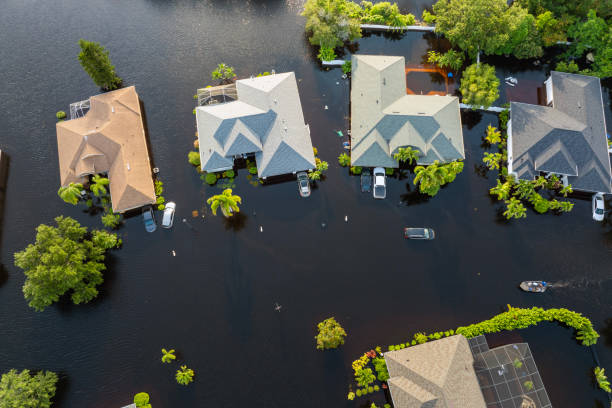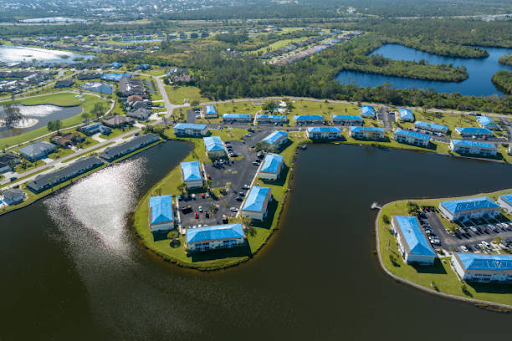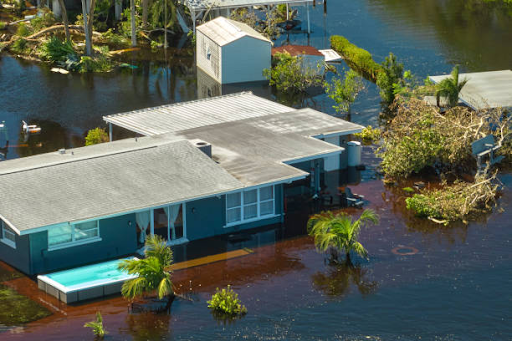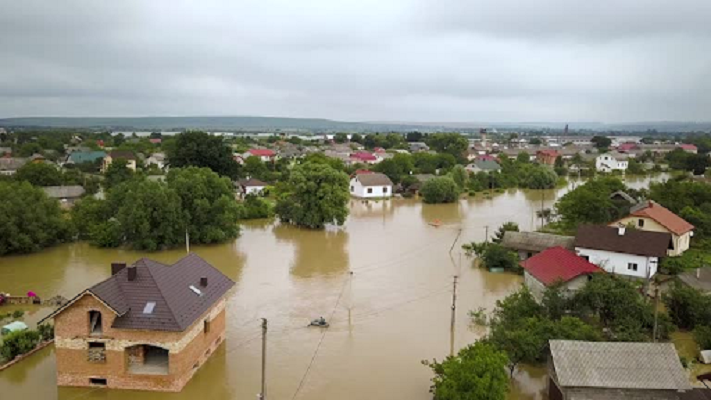Florida and Floods: Why You Can’t Ignore the Risk
If you live in Florida, you already know how unpredictable the weather can be. One week it’s sunny and perfect for a beach day, and the next, a tropical storm sweeps through, leaving streets underwater. Flooding isn’t just an occasional inconvenience; it’s one of the costliest and most common causes of home damage in the state.
Yet, here’s where many homeowners get caught off guard: standard home insurance doesn’t usually cover flood damage. And finding out after a storm hits is the last kind of surprise you want.
That’s why understanding how Florida home insurance companies handle flood claims can save you a huge headache and a lot of money if disaster ever strikes.
Does Home Insurance Actually Cover Flooding?
Most Policies Don’t, and Here’s Why
The truth is, most standard home insurance policies are designed to cover fire, theft, wind, and other common perils, but flooding from natural disasters isn’t on that list. The reasoning? Flooding is so common and costly in certain areas that it requires its own dedicated coverage.
Why It Matters More in Florida
With the flat terrain and hurricane-prone coastline, Florida is practically a magnet for flood events. That’s why skipping flood coverage here is a big gamble. Luckily, there are affordable home insurance options in Florida that can include flood protection, if you plan ahead.
How Florida Home Insurance Companies Handle Flood Claims?
If you’ve already got flood coverage in place, the process usually goes something like this:
1. Reporting the Damage
When flooding happens, speed is everything. You’ll need to contact your insurance company immediately, many have 24/7 claim hotlines for exactly this reason. Having your policy number ready will make things go a lot smoother.
2. Inspection and Proof Gathering
An adjuster will come out to assess the situation. They’ll look at:
- Structural damage to your home
- Loss or damage to personal belongings
- The source of flooding and whether it’s covered
Pro Tip: Before you start cleaning up, snap detailed photos and videos. Your future self (and your claim) will thank you.
3. Making Temporary Fixes
If more bad weather is on the way or your home is unsafe, most insurers will let you make short-term repairs to prevent things from getting worse. Just keep receipts for materialsl, you may get reimbursed.
4. Claim Review and Payment
After your adjuster’s report is in, your insurer will compare the findings with your policy details and repair estimates. Depending on your coverage, you might get the full payout in one go or in installments.
Why Some Claims Get Approved Faster Than Others?
Not every flood claim moves at the same pace. Insurers look at:
- Coverage Type: Is flood damage included in your policy?
- Cause of the Flood: Only certain causes are covered.
- Documentation Quality: The better your proof, the faster things move.
- Reporting Time: Delays can slow down or even void your claim.
When Flood Claims Get Denied?
Yes, it happens, and here’s why:
- You didn’t have flood coverage in the first place.
- The damage existed before the flooding event.
- You missed the reporting or filing deadline in your policy.
How to Boost Your Chances of a Smooth Claim?
There’s no magic trick, but there are steps that help:
- Review your policy every year, know exactly what it covers.
- Keep a home inventory with photos and receipts of valuables.
- File your claim as soon as it’s safe to do so.
- Be clear and detailed when explaining what happened.
Finding Affordable Home Insurance in Florida That Covers Flooding
Flood coverage doesn’t have to be out of reach. Many insurers in Florida offer customizable plans, especially if you bundle your home policy with other coverage.
Bundling for Discounts
Pairing your home insurance with auto or other policies can lower your rates.
Adjusting Your Deductible
If you’re financially prepared to handle a higher deductible, it can reduce your monthly premium.
Living in a Flood Zone: What It Means for Your Policy
If your home is in a designated high-risk flood area, you may be required by law to carry flood insurance. But here’s something many homeowners overlook: even outside these zones, flooding can still happen, and when it does, repairs can cost tens of thousands.
The smart move? Talk to reputable Florida home insurance companies about adding coverage before the rainy season hits.
Choosing the Right Insurer for Flood Coverage
Not all insurers are equal when it comes to handling flood claims. Look for:
- A reputation for quick claims processing
- Transparent explanations of what’s covered
- 24/7 emergency support
- Good reviews from other Florida homeowners
Prevention Is Still Your Best Friend

Even the best policy can’t stop a flood, but a few smart steps can reduce damage:
- Keep gutters and drains clear
- Elevate electronics and valuables in flood-prone areas
- Use sandbags or barriers during heavy rains
- Consider professional flood-proofing for vulnerable entry points
Protect Your Home Before the Next Storm
When water starts rising, it’s already too late to start shopping for coverage. Whether you’re comparing affordable home insurance in Florida or want to make sure your current plan includes flood protection, Flood Insurance HQ is here to help.
We connect you with trusted Florida home insurance companies that put homeowners first, offering clear policies, fair pricing, and fast claim support.
Don’t wait for the next storm warning. Get in touch today and secure your home’s future.
FAQ’s
- Does standard home insurance cover flood damage in Florida?
No. Most standard policies exclude flood damage, so you’ll need separate flood insurance or coverage through the National Flood Insurance Program (NFIP). - What should I do right after a flood?
Prioritize safety, document all damage with photos or videos, and contact your insurance provider immediately to start the claim. - How long do flood damage claims usually take to process?
It varies, but most claims take several weeks. Severe events affecting many homeowners can extend this timeline. - Will my insurance pay for temporary housing?
If your policy includes Additional Living Expenses (ALE) and the damage makes your home uninhabitable, yes. - How can I speed up my claim?
Provide complete documentation, keep receipts for repairs or lodging, and stay in regular contact with your adjuster.





